What two languages do they speak in Ottawa? If you’ve ever wondered why Canada’s capital is a linguistic playground, you’re not alone. Ottawa is a city where “bonjour” and “hello” are equally at home, and where bilingualism isn’t just a policy—it’s a way of life. From the bustling streets of ByWard Market to the serene pathways of the Rideau Canal, Ottawa’s dual-language identity is as much a part of its charm as its iconic Parliament Hill.
Renowned linguist Noam Chomsky once said, “Language is a window to the mind.” In Ottawa, that window opens to both English and French, offering a unique perspective on Canada’s cultural mosaic. Historian John Ralston Saul has often highlighted how bilingualism shapes Canada’s national identity, and Ottawa is the living embodiment of this idea. Even Margaret Atwood, Canada’s literary icon, has woven the interplay of English and French into her works, showcasing the beauty of linguistic diversity.
But Ottawa’s bilingualism isn’t just about words—it’s about people, history, and the future. It’s about the Algonquin people who first called this land home, the French explorers who planted their flag, and the British settlers who followed. It’s about the Official Languages Act of 1969, which made bilingualism a cornerstone of Canadian identity. And it’s about the Ottawans who navigate this linguistic landscape every day, whether they’re ordering a poutine or debating policy on Parliament Hill.
For more local insights, check out the Ottawa News Portal for the latest updates and helpful links.
Ottawa’s linguistic roots run deep, shaped by centuries of history and cultural exchange. The Algonquin people were the first to call this land home, and their languages laid the foundation for the region’s identity. When French explorers arrived in the 17th century, they brought with them a language that would become a cornerstone of Canadian culture. The French established settlements, traded with Indigenous peoples, and left a lasting imprint on the region’s identity.
But the story doesn’t end there. British colonization in the 18th century introduced English to the mix, creating a linguistic tug-of-war that would define Ottawa’s future. The city became a meeting point for these two cultures, a place where English and French coexisted, clashed, and eventually found common ground. This duality was formalized in 1969 with the Official Languages Act, which made English and French the official languages of Canada. The Act ensured that both languages would be used in federal institutions, including those in Ottawa, cementing the city’s status as a bilingual hub.
Today, Ottawa’s bilingualism is more than just a policy—it’s a reflection of its people. From the bilingual street signs to the French-language radio stations, the city’s linguistic heritage is everywhere you look. It’s in the classrooms where children learn both languages, in the government offices where policies are drafted in English and French, and in the festivals that celebrate the city’s cultural diversity. Ottawa’s bilingualism is a living, breathing part of its identity, a testament to its past and a promise for its future.
The Cultural Significance of Bilingualism in Ottawa
Walk down any street in Ottawa, and you’ll hear a linguistic symphony—English and French dancing together like long-time dance partners who still step on each other’s toes occasionally. This isn’t just about road signs or government memos; bilingualism here is a living, breathing part of the city’s soul. It’s in the way a barista at Bridgehead Coffee switches effortlessly between “Hello!” and “Bonjour!” before you’ve even decided between oat milk and existential dread.
Language and Identity
For Ottawans, speaking both languages isn’t just a résumé booster—it’s a badge of honor. Imagine a teenager texting in Franglais (a chaotic blend of “LOL” and “Sacrebleu!”) or a senator debating policy in French one minute and ordering poutine in English the next. Bilingualism here is like owning a Canadian Tire multi-tool: practical, slightly confusing, and deeply Canadian. A 2022 Statistics Canada report found that 38% of Ottawans are bilingual—higher than the national average—proving the city wears its two languages like a tailored suit.
Bilingualism in Arts and Media
Ottawa’s cultural scene is a linguistic playground. The National Arts Centre stages plays where actors flip between languages faster than a TikTok trend. Local radio stations like ICI Ottawa-Gatineau broadcast French hits, while CBC Radio keeps English speakers grooving. Even the city’s meme pages (@OttawaProblems on Instagram) roast language blunders with equal-opportunity hilarity. It’s proof that humor, like coffee, tastes better in two languages.
Festivals and Celebrations
Winterlude isn’t just about ice sculptures—it’s where you’ll hear “Ice, ice, baby” followed by “C’est magnifique!” in the same breath. The City of Ottawa ensures events like Canada Day feature bilingual hosts who can shout “Fireworks!” and “Feu d’artifice!” without missing a beat. Even the Ottawa Tourism website greets you with a cheerful “Choose your language” pop-up—a polite Canadian standoff until you click.
The Practical Benefits of Bilingualism in Ottawa
Forget “location, location, location”—in Ottawa, it’s “language, language, language.” Being bilingual here isn’t just about ordering the right croissant; it’s a golden ticket to opportunities, from jobs to friendships to surviving OC Transpo announcements without panic.
Employment Opportunities
Want a federal job? Bilingualism is your VIP pass. Places like Global Affairs Canada or the Parliament of Canada pay premiums for employees who can debate in French and gossip in English. A 2023 Job Bank study showed bilingual roles in Ottawa pay up to 20% more. Pro tip: If your French is rusty, just nod and say “D’accord” strategically—it works 60% of the time, every time.
Education and Language Learning
Ottawa’s schools are linguistic boot camps. The Ottawa-Carleton District School Board offers French immersion programs where kids learn math by counting croissants. Meanwhile, University of Ottawa students can take courses in either language—or both, if they enjoy existential crises. Bonus: Bilingual graduates earn 12% higher salaries, according to StatsCan. That’s enough for extra avocado toast—or poutine.
Accessibility and Inclusivity
From hospital forms to LCBO wine labels, Ottawa ensures no one gets lost in translation. The city’s bilingualism policy means services like Ottawa Public Health provide info in both languages—because “flu symptoms” sound equally miserable in French (“symptômes grippaux”). Even Ottawa Police officers can say “Stop!” or “Arrêtez!” depending on your speed.
Challenges and Controversies Surrounding Bilingualism
While bilingualism is a cornerstone of Ottawa’s identity, it’s not without its challenges. The city’s linguistic duality has sparked debates, raised concerns, and highlighted the complexities of balancing two official languages in a multicultural society. Let’s explore some of the key issues and controversies surrounding bilingualism in Ottawa.
Language Rights and Advocacy
One of the most contentious issues is the question of language rights. While the Official Languages Act of 1969 guarantees the use of English and French in federal institutions, some argue that more needs to be done to protect and promote minority language rights. Advocacy groups like the Fédération des communautés francophones et acadienne du Canada work tirelessly to ensure that French-speaking communities receive equal access to services and resources.
The Decline of French in Some Areas
In certain neighborhoods of Ottawa, the use of French has seen a noticeable decline. This trend has raised concerns about the long-term preservation of the language. According to a Statistics Canada report, the percentage of Canadians who speak French as their first language has decreased in recent years. This decline is particularly evident in urban centers like Ottawa, where English dominates in many spheres of daily life.
Balancing English and French in a Multicultural City
Ottawa’s growing multiculturalism adds another layer of complexity to its bilingual identity. With over 20% of the population speaking a language other than English or French at home, the city must navigate the delicate balance of promoting its official languages while respecting the linguistic diversity of its residents. Initiatives like the City of Ottawa’s language services aim to bridge this gap by offering multilingual support and resources.
The Future of Bilingualism in Ottawa
As Ottawa continues to evolve, so too does its approach to bilingualism. The city is embracing new technologies, engaging its youth, and implementing innovative policies to ensure that English and French remain vibrant and relevant in the years to come. Here’s a glimpse into what the future holds for bilingualism in Ottawa.
Technological Advancements and Language Preservation
Technology is playing an increasingly important role in promoting bilingualism. Language learning apps like Duolingo and Babbel are making it easier than ever for Ottawans to learn and practice both English and French. Additionally, AI-powered translation tools are breaking down language barriers, enabling seamless communication between speakers of different languages.
The Role of Youth in Shaping Bilingualism
Young Ottawans are at the forefront of efforts to promote bilingualism. Through social media platforms like Instagram and TikTok, they’re creating content that celebrates both languages and encourages their peers to embrace bilingualism. Schools and community organizations are also stepping up, offering programs that foster language skills and cultural awareness from a young age.
Policy Initiatives and Community Engagement
Government and community organizations are working together to ensure that bilingualism remains a cornerstone of Ottawa’s identity. Initiatives like the Office of the Commissioner of Official Languages are monitoring the implementation of language policies and advocating for the rights of English and French speakers. Community events, such as bilingual festivals and workshops, are also helping to keep the spirit of bilingualism alive.
As Ottawa looks to the future, it’s clear that bilingualism will continue to play a vital role in shaping the city’s identity. By embracing innovation, engaging its youth, and fostering community collaboration, Ottawa is ensuring that its linguistic heritage remains a source of pride and unity for generations to come.
AI Solutions: The Bilingual Brain Upgrade Ottawa Didn’t Know It Needed
Picture this: an Ottawa where language barriers dissolve like sugar in a double-double, where AI doesn’t just translate but bridges cultures. We’re not talking about clunky phrasebooks—this is neural networks whispering Shakespeare and Molière simultaneously into your earbuds while you skate the Rideau Canal. Here’s how AI could turbocharge bilingualism:
Language Learning on Steroids
Forget rote memorization. Imagine Duolingo’s feisty owl teaming up with OpenAI’s GPT-5 to create hyper-personalized lessons. An AI that analyzes your accent during coffee runs at Bridgehead, then adjusts drills in real-time. Carleton University’s linguistics department could deploy chatbots that debate poutine preferences in both languages—because nothing motivates learning like food arguments.
Real-Time Translation That Doesn’t Embarrass You
City Council meetings could stream with DeepL-powered subtitles so accurate, even the Queen’s Printer would nod approvingly. Tourists at ByWard Market might point their phones at artisanal maple syrup labels and get instant joual-infused translations (“Tabarnak, this syrup slaps!”). And crucially—AI mediators for those times when “dépanneur” vs. “convenience store” debates get too heated.
Data Whispering to Policy Makers
Machine learning could map language deserts—neighborhoods where French is fading faster than a winter sunset. Predictive models might suggest where to place bilingual Ottawa Public Library kiosks or which Tim Hortons locations need French-speaking robot baristas (priorities matter).
The Radical Wildcard: Neural Synchronization
Here’s the moonshot: Neuralink-style brain-computer interfaces that let you dream in both languages. Too sci-fi? Fine. Start with AR glasses that overlay translations on Parliament Hill statues, turning Sir John A. Macdonald into a bilingual hype-man.
Action Schedule/Roadmap: Operation Babel-22
| Timeline | Action | Key Players |
|---|---|---|
| Day 1 | Hackathon at Kanata North tech park to build prototype AI “language guardian” bots | Shopify devs + Algonquin College students |
| Week 2 | Deploy ChatGPT-powered kiosks at OC Transpo stations that teach insults in both languages (motivation = efficiency) | City of Ottawa IT + OC Transpo |
| Month 1 | Partner with uOttawa to gamify bilingualism: Pokémon Go but you catch Francophone ghosts on Sussex Drive | Niantic Labs localization team |
| Month 6 | AI “accent coach” for politicians—no more cringe-worthy “bonne journée” pronunciations | House of Commons IT + BBC voice trainers |
| Year 1 | Neural network analyzes 200 years of parliamentary debates to generate perfect bilingual dad jokes | Library and Archives Canada + DeepMind |
| Year 2 | Mandatory AI language buddies for every newborn—start ’em before they’re smug about baby milestones | CHEO + Mila AI Institute |
Ottawa’s Linguistic Symphony—And Your Front-Row Seat
Bilingualism isn’t just about checking boxes on government forms—it’s the secret sauce that makes Ottawa crackle with energy. Every “hello/hi” and “comment ça va?” exchanged on Elgin Street weaves another thread in this city’s cultural tapestry. And with AI poised to become the ultimate wingman for language learners, we’re staring down a future where speaking both of Canada’s official languages could be as effortless as breathing (or at least as easy as parallel parking on Bank Street).
But here’s the real question: will we use these tools to build bridges, or just better argue about hockey in two languages? The answer lies in whether we treat bilingualism as a relic—or rocket fuel for the next chapter of Ottawa’s story. Want to stay in the loop? Subscribe to our newsletter and become a permanent resident of the “Shining City on the Web.”
P.S. If an AI ever wins the Governor General’s Award for bilingual poetry, you heard it here first.
FAQ
Q: Why are English and French the official languages of Ottawa?
A: English and French are Canada’s official languages, reflecting the country’s colonial history and cultural diversity. The Official Languages Act of 1969 made this official, ensuring both languages are used in federal institutions, including those in Ottawa.
Q: How can I learn both English and French in Ottawa?
A: Ottawa offers many resources to help you learn both languages. You can enroll in bilingual programs at schools like the Ottawa-Carleton District School Board or use AI-powered tools like Duolingo and Babbel for personalized lessons.
Q: Are all government services in Ottawa available in both languages?
A: Yes, federal and municipal services in Ottawa are required to be available in both English and French. This includes everything from healthcare at The Ottawa Hospital to public transportation via OC Transpo.
Q: What role does AI play in promoting bilingualism?
A: AI is transforming how we learn and use languages. Tools like Google Translate and Rosetta Stone make it easier to communicate across languages. AI also helps policymakers analyze linguistic trends to support bilingualism initiatives.
Q: How can I get involved in promoting bilingualism in Ottawa?
A: There are many ways to get involved! You can attend bilingual events like Winterlude, volunteer with organizations like Canadian Parents for French, or simply practice your language skills with friends and neighbors.
Q: Is French declining in Ottawa?
A: While French remains a vital part of Ottawa’s identity, its use has declined in some areas. Efforts are underway to preserve and promote the language, including bilingual education programs and community initiatives.
Q: What are the benefits of being bilingual in Ottawa?
Being bilingual in Ottawa opens up many opportunities, including:
- Better job prospects, especially in government and public service roles.
- Access to a wider range of cultural experiences, from theater to literature.
- Improved communication with a diverse population.
Q: Are there any challenges to bilingualism in Ottawa?
A: Yes, challenges include balancing resources for English and French services, addressing the decline of French in some areas, and ensuring inclusivity for other linguistic communities in a multicultural city.
Q: What is the future of bilingualism in Ottawa?
A: The future looks bright! With advancements in technology, the efforts of young Ottawans, and ongoing policy initiatives, bilingualism will continue to be a defining feature of the city. Tools like AI and community engagement will play a key role in shaping this future.
Q: Where can I find more information about Ottawa’s bilingualism?
A: For the latest updates and resources, visit the Ottawa News Portal on iNthacity.com. You’ll find helpful links, local news, and insights into the city’s vibrant culture.
Wait! There's more...check out our gripping short story that continues the journey: The Heart of Chaos
Disclaimer: This article may contain affiliate links. If you click on these links and make a purchase, we may receive a commission at no additional cost to you. Our recommendations and reviews are always independent and objective, aiming to provide you with the best information and resources.
Get Exclusive Stories, Photos, Art & Offers - Subscribe Today!
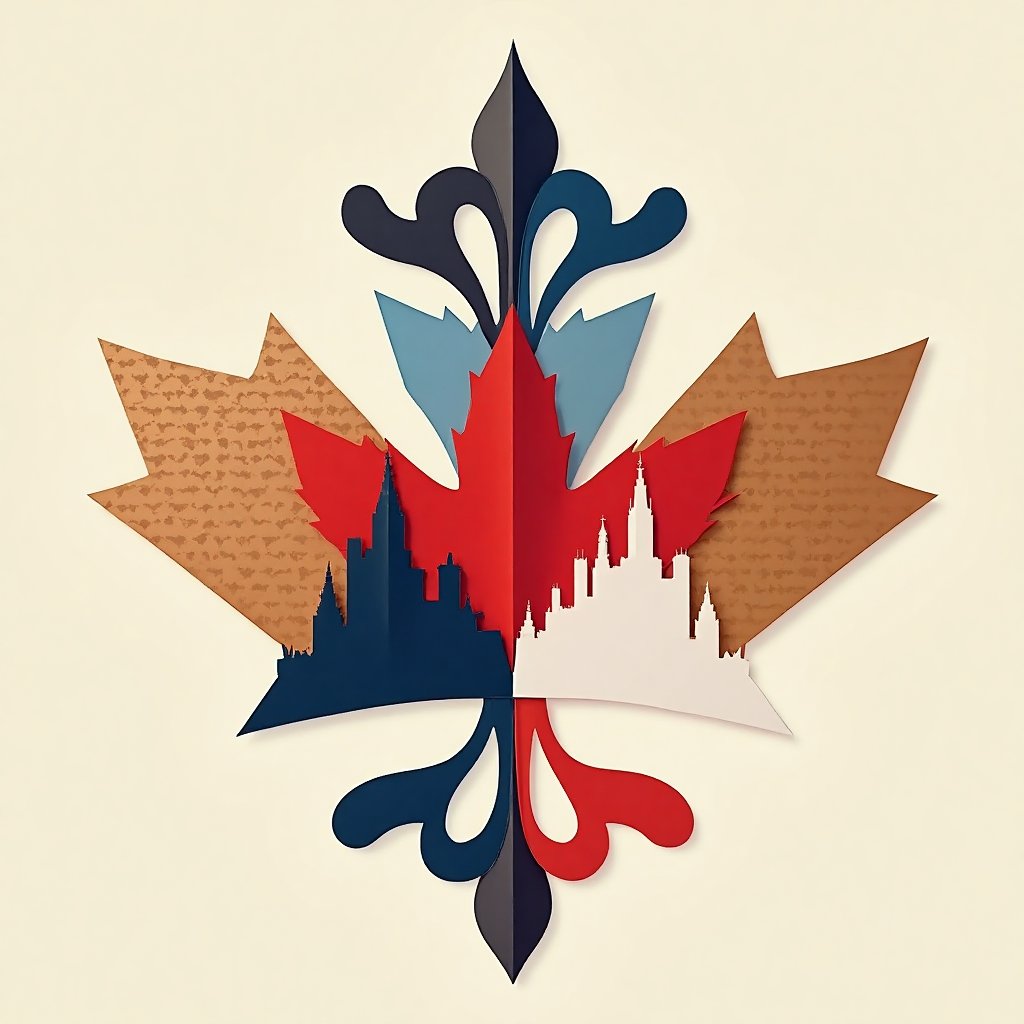

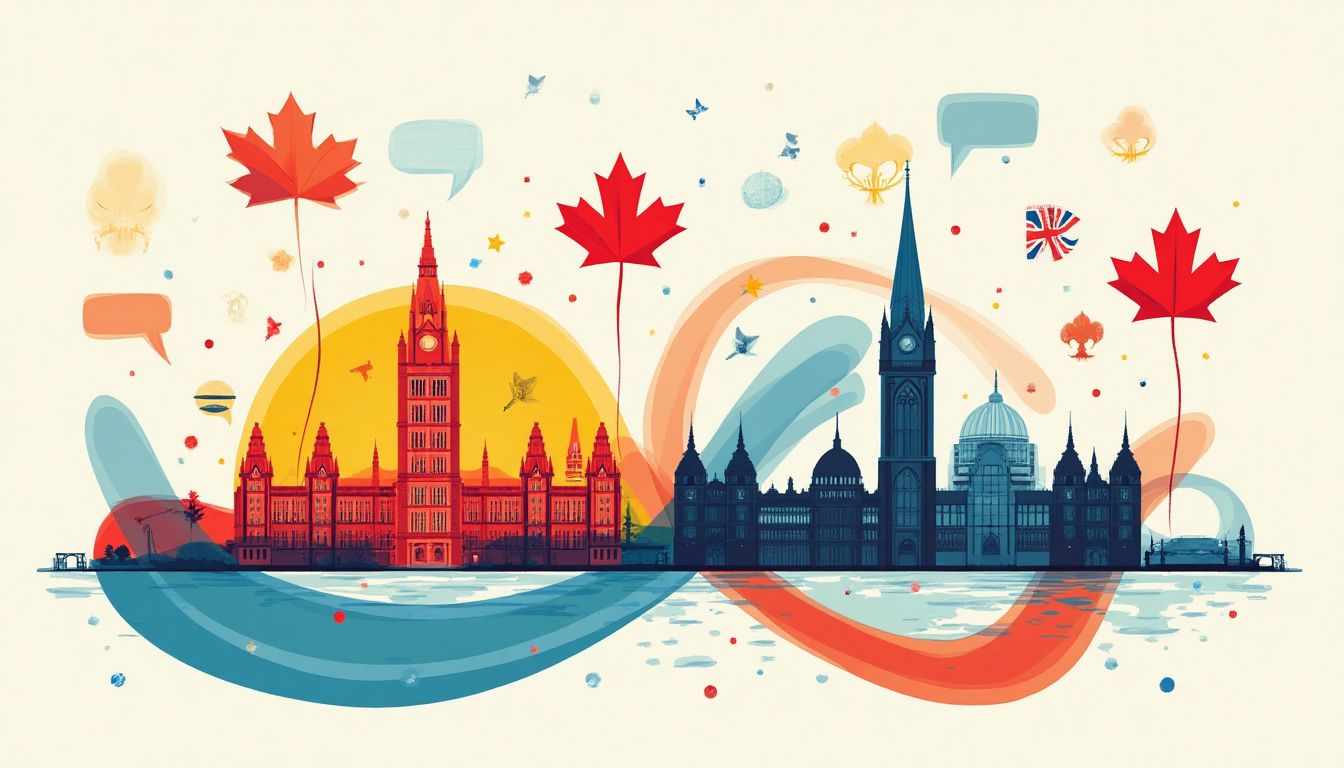
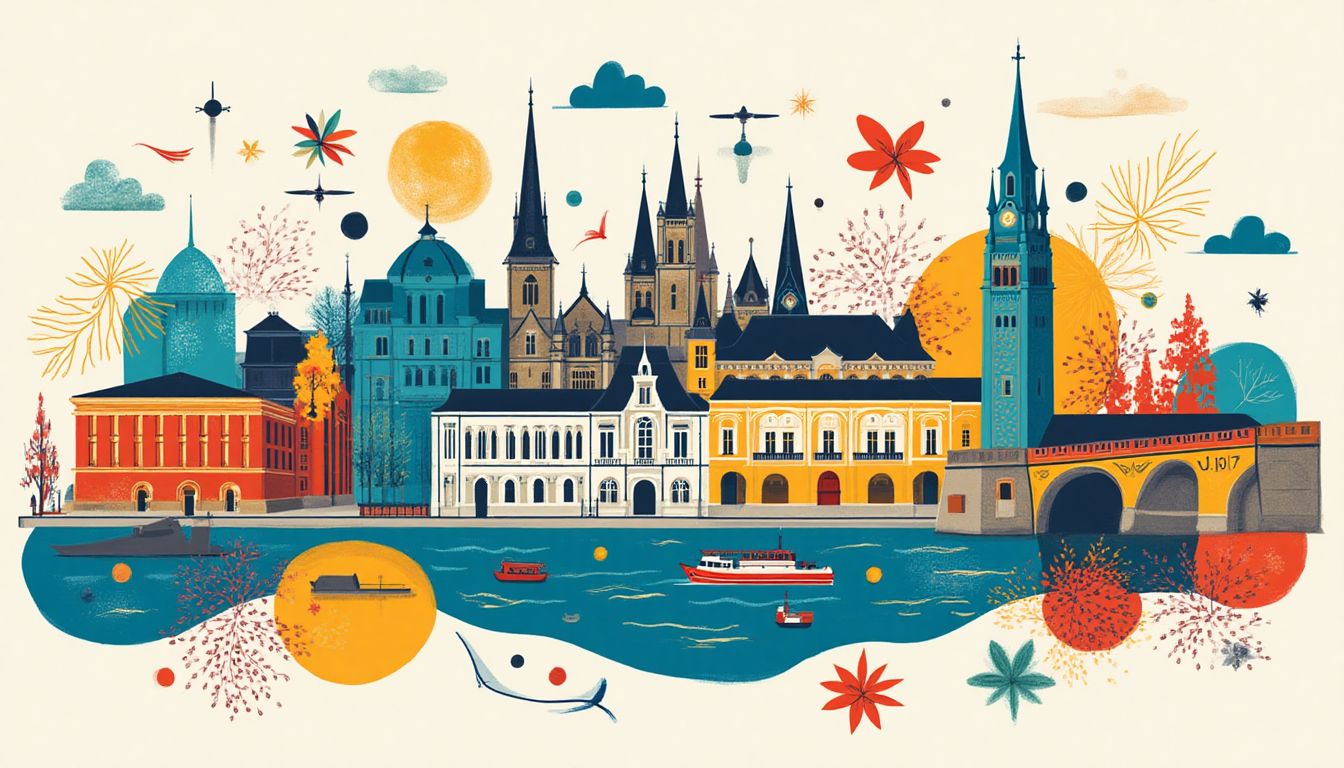
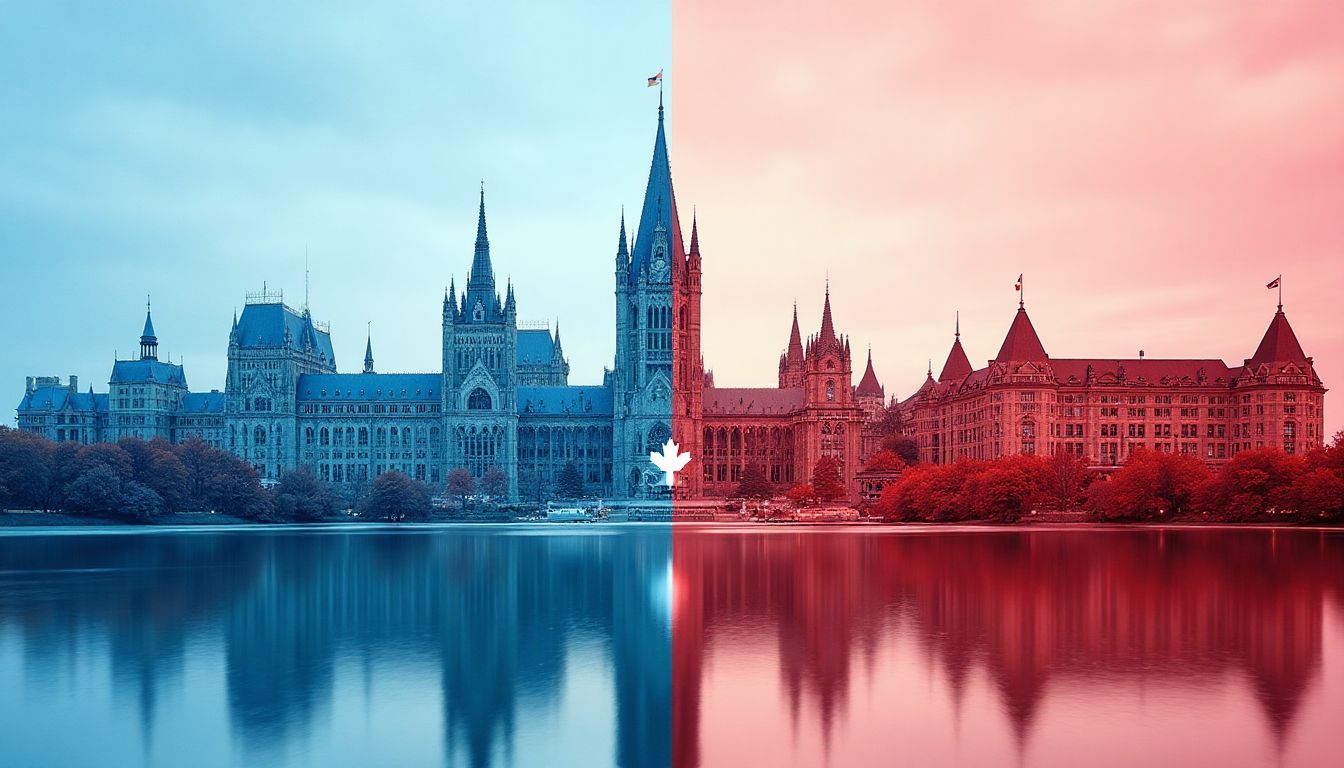


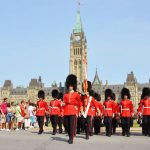


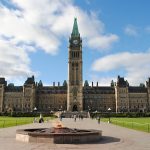
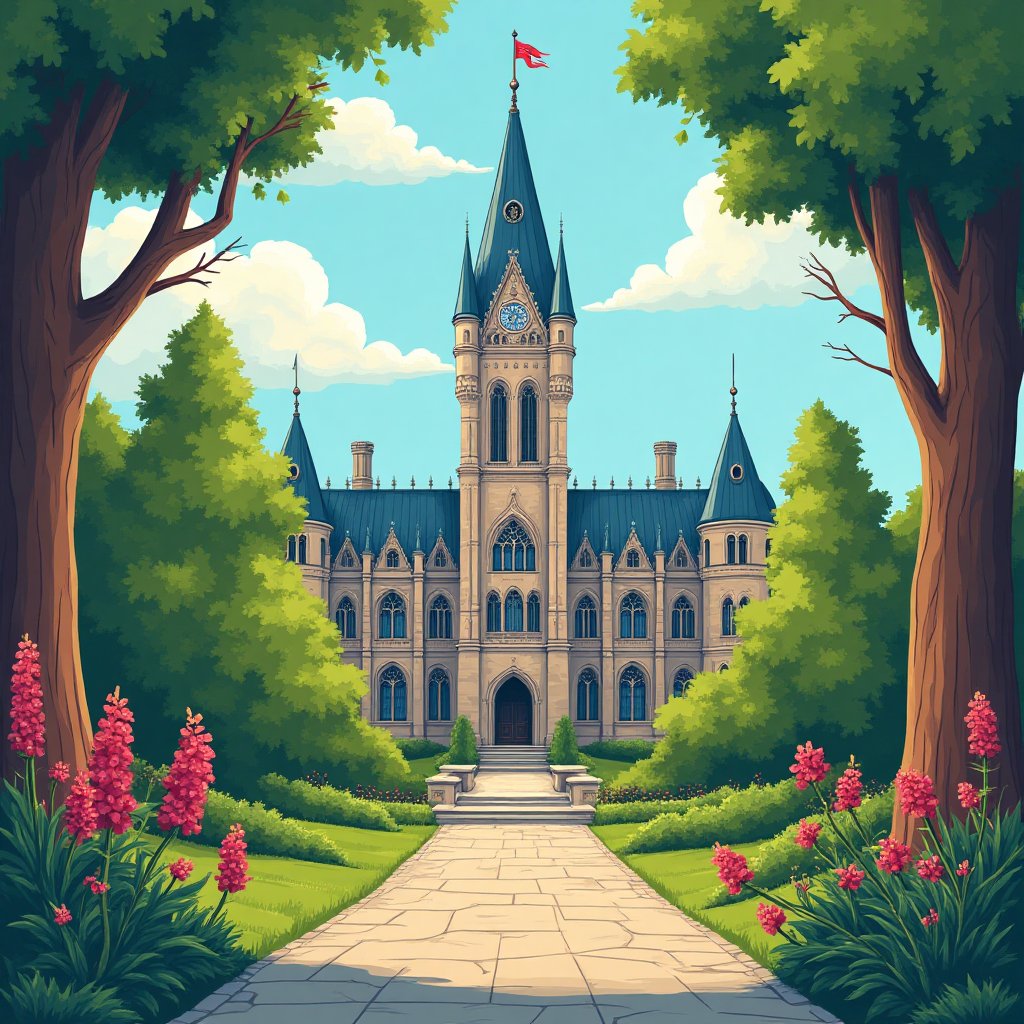
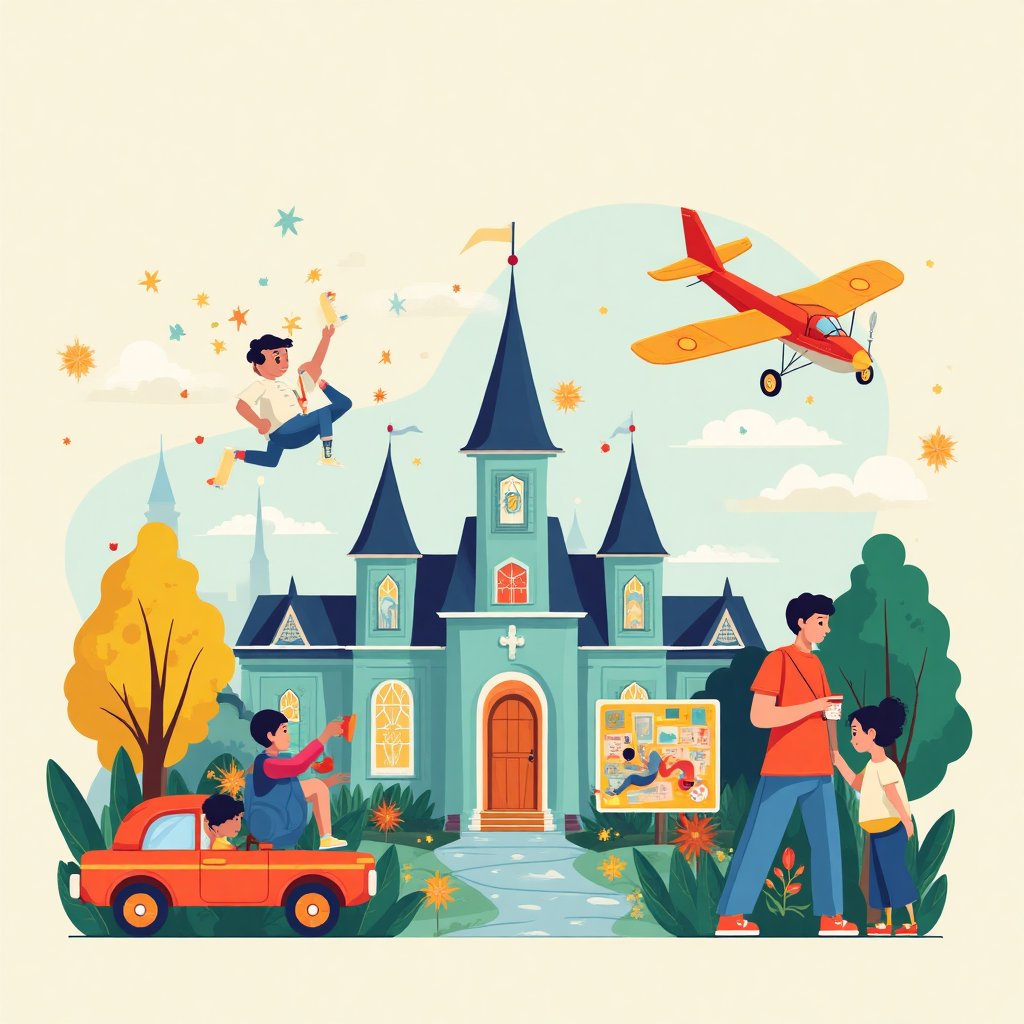
















Post Comment
You must be logged in to post a comment.